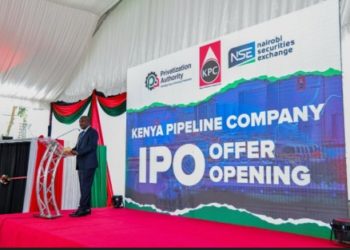The Hospitality Real Estate sector has shown hope for continued recovery after the major contraction it experienced during the COVID-19 pandemic. The sector has experienced fresh interest from investors. In the most recent instance, Pan Pacific Hotels Group, a subsidiary of UOL Group Limited based in Singapore, registered its entry into Africa by establishing a 175-unit facility in Westlands, Nairobi. The Qatari Investment Authority also acquired a Kshs 4.6 bn share stake in the Crowne Plaza Hotel.
Generally, the local restaurants and hotels are on an expansion spree on the back of favourable government policies, a surge in the domestic tourism sector, and new investments in new hotel developments. The Kenyan government has enabled the Visa on Arrival policy for most countries, which has enabled a smoother experience for foreign visitors, promoting return visits as well as better reviews of the country’s visitor’s experience.
Likewise, the increased democratic ties of the Kenyan government with other countries have increased demand in the hospitality sector. In addition, investors have shown hope for increased returns through the development of new hotel developments. This has expanded the pool of choices for clients, increasing the conversion rate to returns. Compared to other vacation destinations comparable to Kenya, like South Africa, the hotel rates are fairly affordable, which has also contributed to the recovery in the hospitality sector.
Realtors and travel agents have also reported increased domestic travel compared to foreign visitors. In contrast to the pre-Covid-19 era, when the hospitality sector majorly depended on foreign tourists, domestic travellers have proven to be more reliable in the sector.
This has forced investors to take into consideration the interests of this group. This has resulted in new trends in the hospitality sector, like Airbnb, furnished apartments, and vacation rentals, which are better choices for local travellers than traditional hotel accommodations. There has been an increased preference for high hygiene, safety, and personalized experiences like contactless check-ins, especially after the pandemic.
Likewise, buyer preference has shifted to demand for more modern spaces with amenities like gyms, swimming pools, and self-catering services. There is also a rising demand for spaces that incorporate eco-friendly features like solar panels and cultural homestays.


















